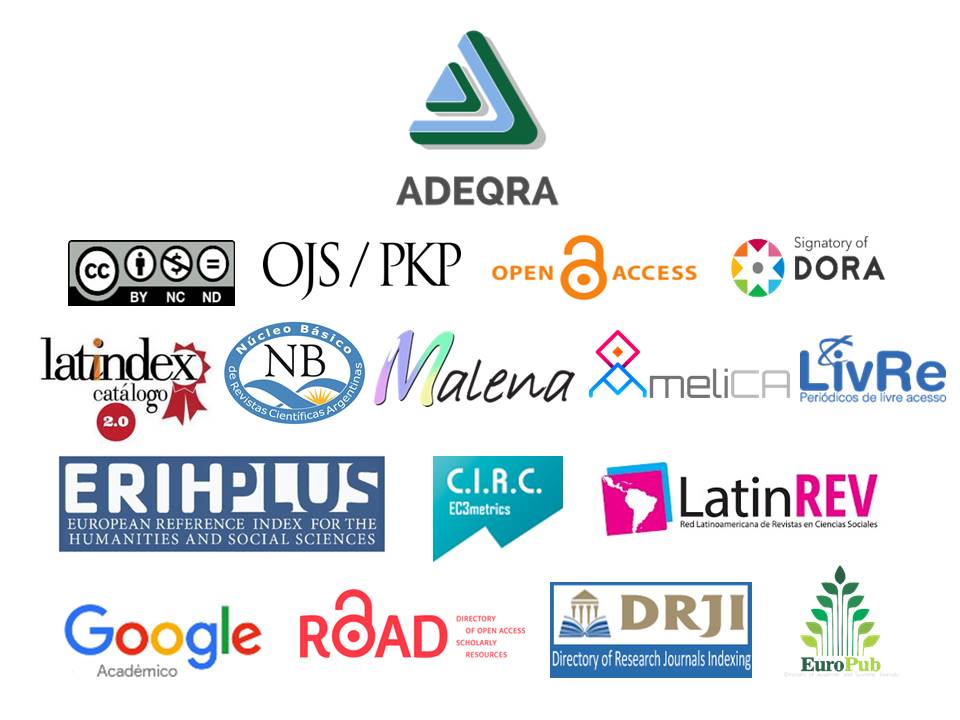Virtual theoretical-practical experience about surface tension and capillarity
Keywords:
virtual laboratory practice, physicochemical practice, surface tension, capillarityAbstract
The concepts of surface tension and capillarity are taught annually in the professorship of physicochemistry at the Profesorado de Nivel Medio y Superior en Química (Universidad Nacional de Río Negro - Sede Andina) through theoretical-practical proposal in the classroom. This year, due to the health emergency situation that the country is going through due to the COVID-19, this proposal was readapted and carried out virtually through two videoconference meetings. These allowed for a bilateral exchange between students and teachers, favoring the teaching-learning process and an optimal development of the practice. This work shares the experience developed and an evaluation of it, with the aim of making it functional for natural science teachers in future teaching practices.
References
Atkins, P. W. (1991). Fisicoquímica. (3ª Ed.) USA: Addison-Wesley Iberoamericana.
Borges, F. (2005). La frustración del estudiante en línea. Causas y acciones preventivas. Digithum, Les humanitats en l´era digital, 7(7).
Chang, R. (2008). Fisicoquímica. (1ª Ed.) USA: Mc.Graww Hill Interamericana.
Climent, T. L. A., García, B. D. y Simó, L. V. (2017). Empleo de smartphones y apps en la enseñanza de la física y la química. X congreso internacional sobre investigación en didáctica de las ciencias. Enseñanza de las ciencias, N° Extraordinario: 671-677.
Levine, I. N. (2002). Fisicoquímica 1. (5ª ed.) Madrid: McGraw Hill/Interamericana de España, S. A U.
López, R. (2002). Análisis de los métodos didácticos en la enseñanza. Publicaciones. Revistas de la Universidad de Granada, 32, 261-333.
Marín, L., Marín, C. y Ospina, J. (2017). Laboratorio virtual de química: una experiencia de diseño interdisciplinar. Revista Virtual Universidad Católica del Norte, 51, 98-110.
Moreira-Segura, C. y Delgadillo-Espinoza, B. (2014). La virtualidad en los procesos educativos: reflexiones teóricas sobre su implementación. Tecnología en Marcha. 28, 121-129.
Pozo, J. I. (1997). Teorías cognitivas del aprendizaje. (5ª ed.) Madrid: Ed. Morata, S. L.
Requena, S. (2008). El modelo constructivista con las nuevas tecnologías, aplicado en el proceso de aprendizaje. Revista de Universidad y Sociedad del Conocimiento, 5(2), 6.
Published
How to Cite
Issue
Section
License
Copyright (c) 2021 Juan Ariel Pullao, Mauricio Arce, Adriana Serquis

This work is licensed under a Creative Commons Attribution-NonCommercial-NoDerivatives 4.0 International License.



